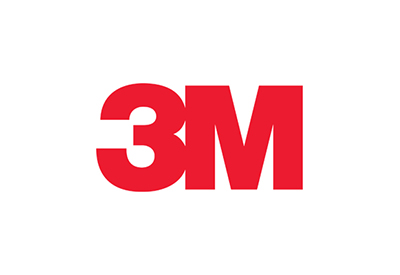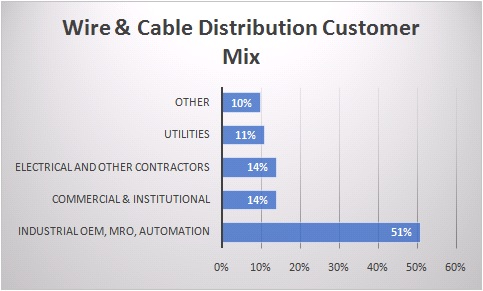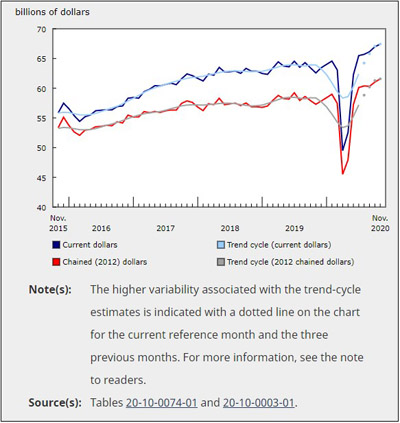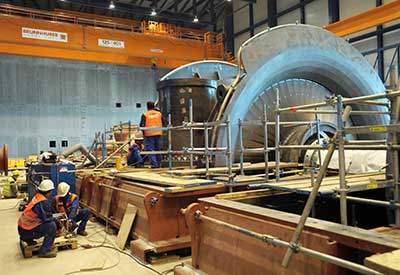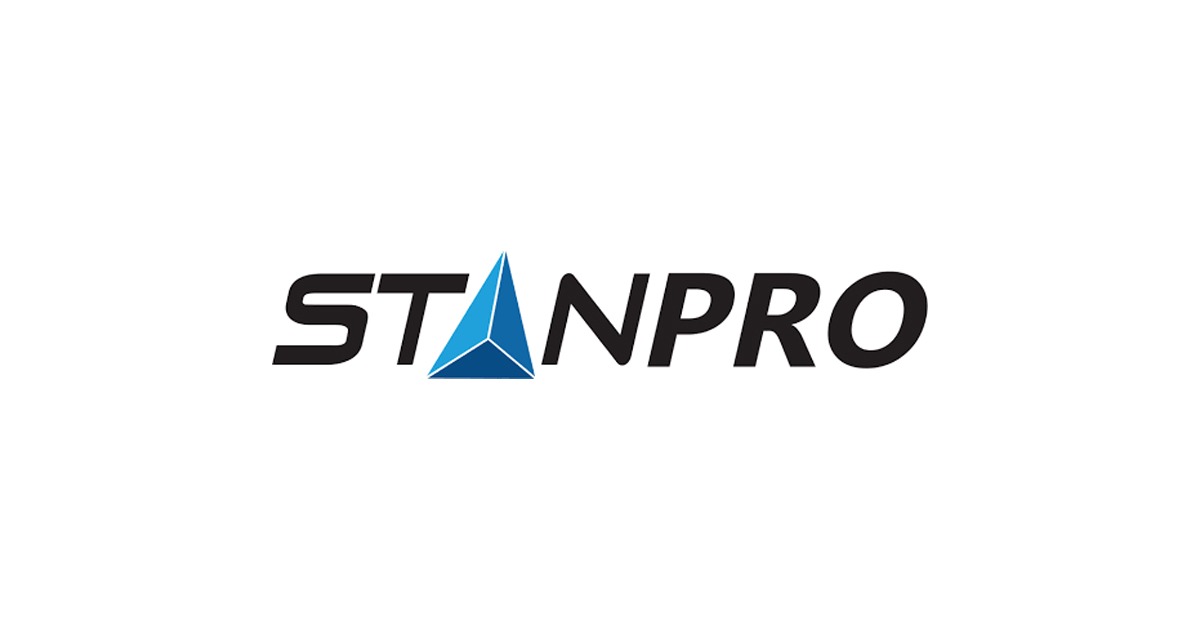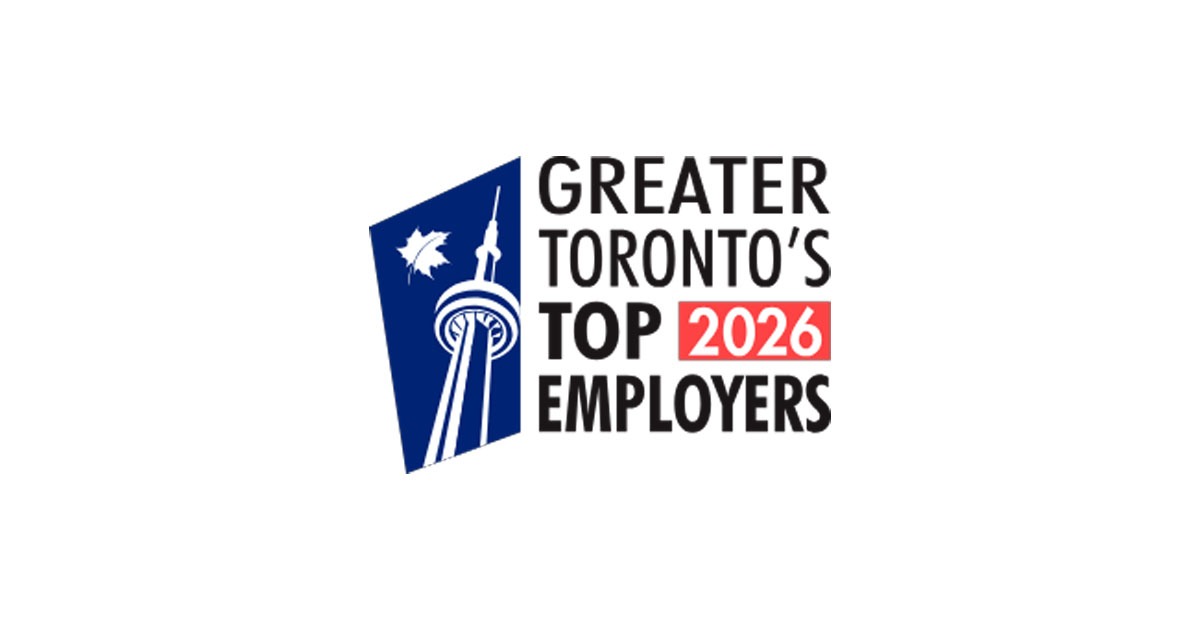American Storm: What NAFTA “Tweaks” Mean for Canada
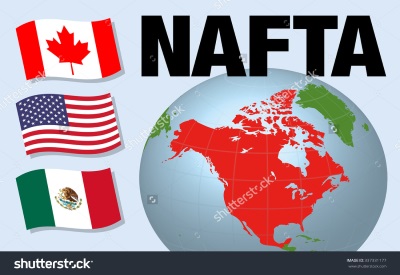
May 1, 2017
For economist Jayson Myers, changes in rules of origin and content requirements are the two most important potential ramifications of the Trump Administration’s insistence on renegotiating the North American Free Trade Agreement.
“A lot of Canadian companies importing and exporting to the U.S. don’t follow NAFTA rules anyway,” says Myers. “The tariff levels are low and the cost of compliance is relatively high. The damage would be done if the U.S. were to levy higher anti-dumping or countervail duties on goods it determines to be unfairly traded.
“Those are the biggest risks for Canadian companies and they’re tied in to other parts of what the U.S. administration is looking at, things like dispute-settlement procedures and the ability to put tariffs on a product if the U.S. is running a trade deficit it considers to be unfair,” continues Myers, who spent 25 years in various positions, including CEO and Chief Economist, at Canadian Manufacturers and Exporters. “It would be up to the U.S. to decide and up to U.S. regulations to enforce that and it would be up to the U.S. judicial system to adjudicate the whole thing. I wouldn’t say that’s necessarily fair from a Canadian point of view.”
Canadian exporters to the U.S. will likely be required to trace the origin of their materials and components and determine how much U.S. or North American content there is in their products.
“So, for any Canadian company that is doing business in the U.S., whether you’re exporting into the U.S. or producing your product or service there, or whether you’re an importer of record such that you’re importing goods from Canada for distribution in the United States, it’s really going to come down to the value of the product or service offering that you’re providing to your customer,” Myers says. “And this will be important not only with respect to NAFTA, but also if there are any border tax adjustments that are part of the Ryan tax proposal plan. Of course, there’s a big question mark about whether that will adopted, but it’s all going to be about content, how much of your content is U.S.-based and how much of it is North American-based. For a Canadian exporter, a lot of your content may be coming in from other countries outside of North America so that’s something to take into consideration as well.”
He says the most damaging potential tweak, “apart from ripping up the agreement itself,” would be if the U.S. resorts to a product-by-product focus on what it determines to be fairly or unfairly traded.
“If the U.S. administration just treats a deficit as unfair trade and slaps a tariff on it, I think that will hurt a lot of Canadian companies considerably,” he says. “But a lot of Canadian companies importing and exporting to the U.S. don’t follow NAFTA rules anyway. The tariff levels are low and the cost of compliance is relatively high. The damage would be done if the U.S. were to levy higher anti-dumping or countervail duties on goods it determines to be unfairly traded.”
The other challenges will be border related, he said. The rhetoric around America First is also important because “it’s way beyond just procurement policy,” he said. “Now it’s engrained in a lot of supply-chain and purchasing decisions as well as government procurement. It’s going to be an essential part of U.S. trade policy and foreign policy so the ramifications of this could be quite large.”
On the plus side, he says, Canada is a source of high-value products as well as raw materials such as those in the energy sector. He says U.S. hospitals use lots of Canadian equipment, including MRI equipment and advance medical devices and technologies. For additive manufacturing, Quebec produces as much as 60% of the metal powders that go to the U.S.
“The U.S. counts on a lot of imports from Canada to make U.S. industry competitive,” says Myers. “And not just that, but to ensure there are healthcare services provided to Americans. U.S. communities are also using the latest pipes and water treatment equipment, which are produced here in Canada, so there are major interests on the part of U.S. citizens.”
He also said that the whole goal of the Trump Administration is to grow the American economy and because of the interdependence of the U.S. and Canadian economies, if you’re doing that, you’re also growing Canadian business.


